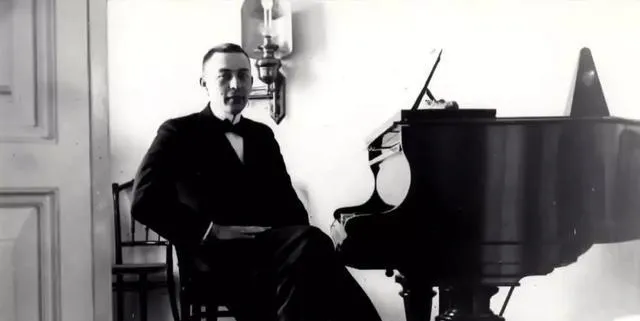Video loading...
Rachmaninoff was a great Russian composer and outstanding pianist of the late 19th and early 20th centuries. His creative style has always inherited the tradition of Russian Romantic music, with soft and deep melodies and long and broad breaths, reflecting the inner feelings of Russian intellectuals of that era.

Rachmaninoff composed 24 "Preludes" for the piano, and compared with Chopin's works of the same genre, Rachmaninoff's preludes are shorter and more concise, expressing the composer's inner spiritual life momentary feelings. The G minor prelude is the most played of Rachmaninoff's 24 preludes, inspired partly by his strong Russian national sentiments and partly by the socio-economic and political influences of the time. The Russian nation has historically been an oppressed, enslaved people, and people have suppressed their lives in poverty, which makes the Russian national music have a sad tone in its emotions.
Rachmaninoff's creations have their own unique artistic characteristics. Although his artistic career entered the first half of the 20th century, he largely maintained the traditions of the 19th-century Western European romantics (such as Schumann and Chopin), the Russian folk music school (Glinka, the "power group"), and especially Tchaikovsky, and did not follow the newer currents of Wagner, Debussy, and others. His works truly reflect the turbulent ideological mood of the people at the turn of the century and his deep affection for his hometown, with a strong national character.
Rachmaninoff's piano compositions not only absorb Liszt's brilliant skills and Chopin's poetic feelings, but also inherit Glinka's kind simplicity and Tchaikovsky's true affection, he integrates all this with his own personal experience to form a personal unique style. After seeing this, if you don't practice well, don't find an excuse for not having time, unless you think there is no excuse here, it is best to choreograph a set of actions. Otherwise, it is still necessary to practice the piano obediently, and let the fingertips be able to swim between the black and white keys as soon as possible!